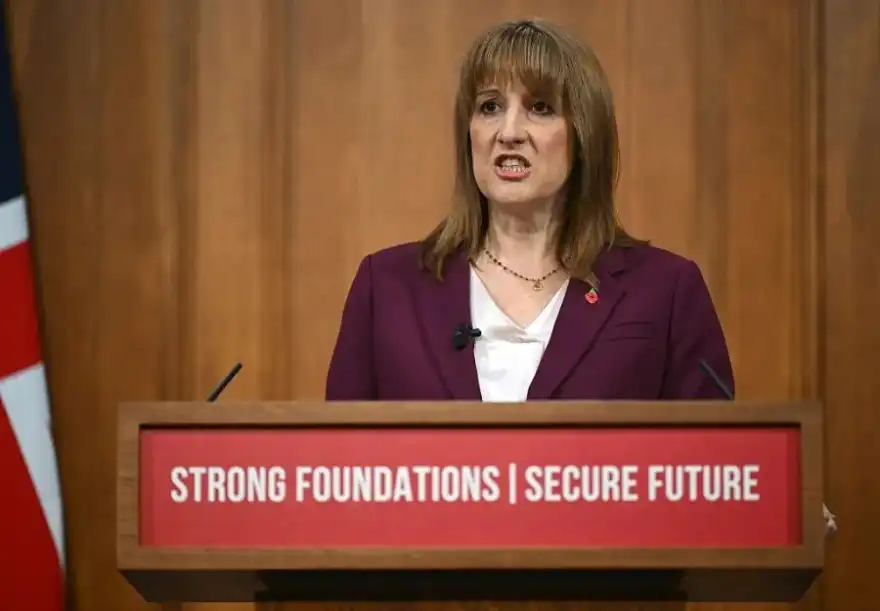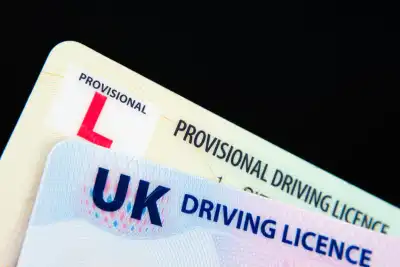
Pay-per-mile taxation, also known as road pricing, has been discussed in UK politics for years. The shift to electric vehicles (EVs) is expected to leave a £40 billion gap in government revenue from fuel duty and vehicle excise duty (VED). Policymakers have been exploring ways to fill this shortfall as petrol and diesel cars are set to be banned by the end of the decade to meet Net Zero targets.
While EV adoption is crucial for reducing emissions, the government faces a catch-22: encouraging electric car use while replacing lost revenue from traditional motoring taxes. Recent reports suggest the Chancellor may introduce pay-per-mile charges for EVs in the next few years.
How would Pay-Per-Mile tax work?
The government is considering a 3p-per-mile tax for EVs starting in 2028, on top of the current £195 annual VED for electric cars. This combined system - sometimes called “VED+” - would cost the average EV driver around £495 per year, assuming 10,000 miles driven. Hybrid cars may face a lower rate. By 2031, this system could raise an estimated £1.8 billion for the Treasury.
Drivers would estimate their annual mileage and pay in advance. If they drive less than expected, the surplus would carry over; if they exceed their estimate, they would top up their payment. Details about enforcement and auditing remain unclear, raising questions about compliance and fraud.
What would it cost drivers?
EV owners typically drive more than petrol car owners, averaging about 10,000 miles a year. At 3p per mile, that equates to roughly £302 annually. To put it in perspective:
London to Edinburgh (~250 miles) ≈ £12
Cambridge to Oxford (~102 miles) ≈ £3
Liverpool to Leeds (~73 miles) ≈ £2
Despite the tax, EVs are still expected to cost around £1,000 less to run annually than petrol cars, assuming most charging occurs at home.
Could drivers be taxed abroad?
A pay-per-mile tax could also apply to EV use abroad, effectively double-taxing drivers who pay tolls or fees in other countries. For instance, a 1,530-mile trip in France could add an extra £46 in UK charges. Motoring groups have warned that taxing drivers abroad would be unfair and bureaucratically complicated.
Is the system Fair?
The government frames road pricing as fairer than existing fuel duty, which petrol drivers pay at about £600 per year. Supporters argue it reduces congestion, pollution, and plugs the Treasury’s looming revenue gap. Surveys indicate mixed public opinion: roughly half of UK drivers support switching to pay-per-mile, with many suggesting it might encourage more careful driving.
Who would be hardest hit?
Drivers in rural areas and those covering high annual mileage could face the biggest impact. Limited access to public transport and the reliance on cars for daily life make these groups particularly vulnerable. Charging at home averages 5.88p per mile, while public slow chargers cost 11.3p per mile and fast chargers can reach 13.79p. Ultra-rapid chargers at motorway stations can cost over 17p per mile more than running petrol or diesel cars.
Risks of fraud
Requiring EV owners to report annual mileage opens the door to odometer tampering. Digital “mileage blockers” can pause the recording of miles on a car’s computer, potentially allowing fraudsters to underreport distances and avoid taxes.
Could this reduce EV demand?
Industry experts warn that introducing a pay-per-mile charge could slow EV adoption. Many private buyers are already concerned about high upfront costs, range anxiety, and unreliable charging infrastructure. Ending VED exemptions and introducing additional charges could make EVs less appealing at a critical stage for adoption.
Manufacturers and industry groups have stressed that introducing complex taxes now could undermine EV sales, make it harder to meet government-mandated targets for zero-emission vehicle (ZEV) sales, and harm the UK’s EV industry.
EV advocates and charging infrastructure firms warn that poorly timed road pricing could stall the transition to cleaner transport and reduce confidence in electric vehicles at a crucial moment.




